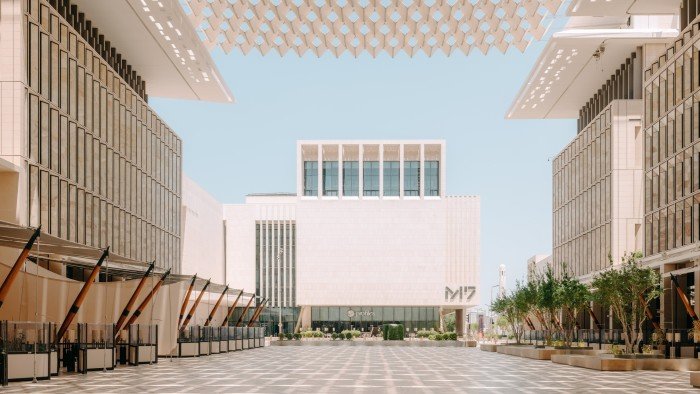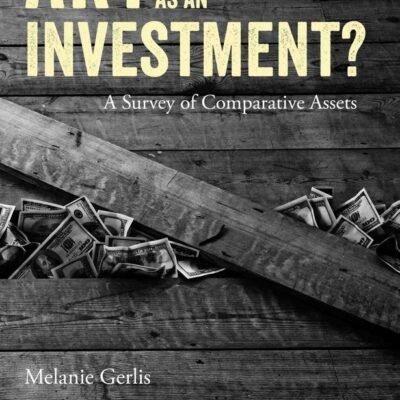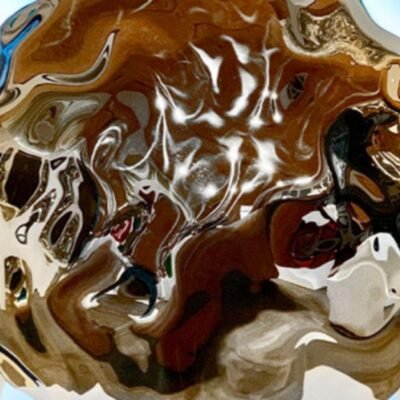Art Basel will launch a new art fair in Doha, Qatar next year, a move that cements the Middle East as the next frontier in the global art market. “The Middle East and north Africa region is an incredibly important part of the world that in art market terms is relatively underserved,” says Noah Horowitz, chief executive of Art Basel. He says the new fair, to be known as Art Basel Qatar, will be “a breath of fresh air” in “a period of [art market] recalibration”.
The latest Art Basel & UBS Art Market report found that global art sales fell 12 per cent to $57.5bn in 2024, with the Middle East accounting for less than 1 per cent of total turnover. In February, Sotheby’s hosted its first auction in the region, in Saudi Arabia, which made a total $17.3mn (including fees). Internationally focused fairs currently run in Dubai and Abu Dhabi but Art Basel is the first big-brand name to commit to the scene.
Art Basel Qatar will run in February 2026 and is a three-way partnership between Art Basel’s parent company, MCH Group, with QC+, the commercial arm of Qatar Museums, and Qatar Sports Investments, whose holdings include the French football team Paris Saint-Germain. It is the first time that Art Basel has struck what Horowitz describes as a “multi-dimensional partnership” for one of its fairs, though the financial terms of the collaboration have not been revealed. Art Basel Qatar will be in Doha’s M7, a high-spec cultural hub in the Msheireb district. The fair’s first edition will be small, with about 50 exhibitors, Horowitz says — about a quarter of the size of the smallest fair it currently runs, in Paris. “We are building long-term and gradually.”
Behind it all is Sheikha al-Mayassa bint Hamad bin Khalifa al-Thani, chair of Qatar Museums and sister of the ruling emir of Qatar. She describes herself as a “cultural partner” to Art Basel Qatar and tells the FT that “this isn’t the first time that an art fair has come to us, but I didn’t feel the time was right until now.” She explains: “We have spent 20 years investing in the software, by which I mean human development, and the hardware, that is building museums. Now we can take our talent, our creatives in the Arab world, to the industry. And Art Basel is the most important platform in the world.” Sheikha Mayassa is also behind Qatar’s first and permanent national pavilion for the Venice Biennale, designed by the Lebanese-born architect Lina Ghotmeh.
Concerns remain over Qatar’s human rights record, notably its treatment of migrant workers, which Amnesty International found were not properly remedied during the 2022 football World Cup, and women, girls and the LGBT+ community. Under the guardianship system, women still need permission to marry and access reproductive healthcare, among other restrictions, while individuals have been detained for their sexual orientation or gender expression. Horowitz says that “there is a very stringent MCH code of conduct that we stand behind and will apply locally, we are absolutely committed to that.”
Art Basel is one of the oldest art fairs on the circuit, founded by three Swiss art dealers in 1970, which now runs events in Miami, Hong Kong and Paris as well as its founding city. Since 2020, its anchor shareholder has been Lupa Systems — the investment vehicle run by James Murdoch — which owns a 42 per cent stake in MCH Group, while the Canton of Basel-Stadt has a 37.5 per cent holding.
It is a time of shake-up among the biggest-brand commercial art events. Earlier this month, the Hollywood powerbroker Ari Emanuel revealed that he is buying the Frieze global art fair and publishing group from Endeavor, the entertainment group he co-founded, in a deal valued at nearly $200mn.





